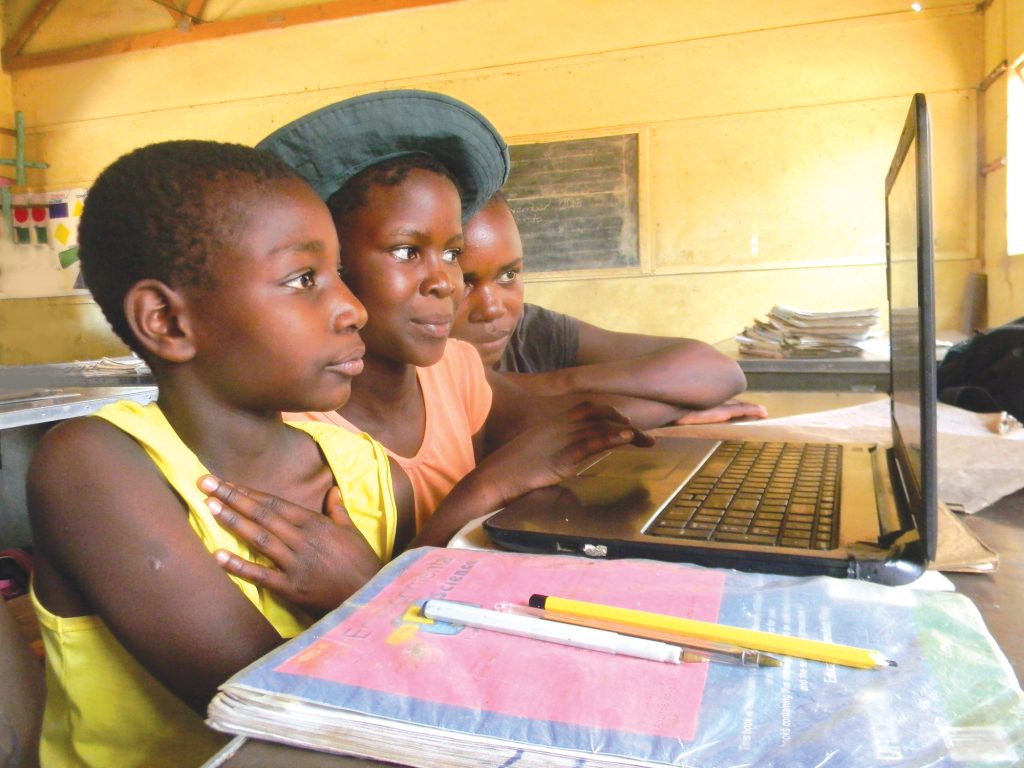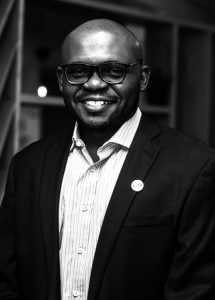

Access to dependable internet and technology can be a community’s gateway to economic, political, and informational resources. Emeka Ebo MS ’04 saw as much when he helped lay out the first broadband lines that brought internet access to rural communities in Virginia, Maryland, and Pennsylvania while working at Verizon and studying electrical engineering at Johns Hopkins.
The experience made Ebo think about how this same technology could transform communities in his country of birth, Nigeria. He imagined that a company knowledgeable in the local culture and economy could localize a solution to bring similar infrastructure to sub-Saharan Africa.
After a few years of research and transatlantic visits, in 2015 Ebo founded the internet service provider Ekovolt Telco Limited. His company works to deliver affordable internet and data security solutions to underserved areas across three cities in Nigeria, including high-need institutions, like schools and hospitals, that might not be seen as profitable to other providers.
“We speak with some public schools where [purchasing broadband] is not even a conversation because they have other priorities to solve, like having furnished classrooms and the right teachers. It’s just not in the forecast for them,” he explains.
Ekovolt meets these institutions where they are by working with them in partnership with non-governmental organizations, which provide funding, to ensure the technology’s impact is beneficial and sustainable. With a school, for example, Ekovolt leaders might first speak with the principal to determine what technological and knowledge resources they currently have available and how Ekovolt could take them to the next step.
“In some cases, they might not have any resources. So we start with that,” says Ebo. “What would it take for you to get trained and build the capacity to receive this equipment and know what to do with it? It’s always a journey.”
From there, Ekovolt technologists create a personalized work plan for themselves and the school, and routinely re-evaluate the situation to ensure that the technology continues meeting the school’s needs.
With larger institutions, such as hospitals, those needs can grow at a breakneck pace and require annual upgrades, particularly with security services. While Ekovolt’s current tactics can provide these upgrades, Ebo says that they are looking ahead to a pan-African solution that transcends geographic borders in order for local communities to experience the full benefits of IT solutions and cloud services.
“The demand drives the technology, and so it’s constantly evolving.”




